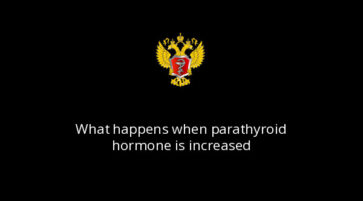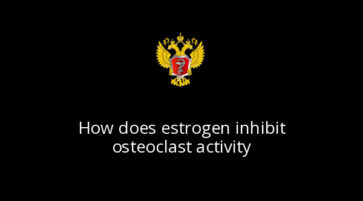
Aybintio (abaloparatide)
Aybintio is a prescription medicine used to treat osteoporosis in postmenopausal women at high risk…

Increased levels of parathyroid hormone, whether in primary or secondary hyperparathyroidism, disrupt normal calcium metabolism, leading to bone demineralization, hypercalcemia, and associated clinical manifestations. Management of hyperparathyroidism typically involves addressing the underlying cause, surgical removal of abnormal parathyroid tissue (in primary hyperparathyroidism), and medications to regulate calcium and PTH levels… Read More »

Hypoparathyroidism results in a disruption of calcium and phosphorus homeostasis, leading to a range of clinical manifestations, including neuromuscular symptoms, cardiac abnormalities, and bone abnormalities. Management typically involves supplementation with calcium and active vitamin D analogs to maintain adequate calcium levels and minimize symptoms associated with hypocalcemia… Read More »

Estrogen exerts potent inhibitory effects on osteoclast activity by targeting multiple stages of osteoclast development and function. By suppressing osteoclast formation, promoting osteoclast apoptosis, disrupting osteoclast function, and modulating RANKL/OPG signaling, estrogen helps maintain bone mass and prevent excessive bone loss…. Read More »

Estrogen exerts pleiotropic effects on osteoblasts through direct and indirect mechanisms, ultimately promoting bone formation and maintenance. Dysfunction or deficiency of estrogen can lead to impaired osteoblast function, contributing to conditions such as osteoporosis and increased fracture risk… Read More »
